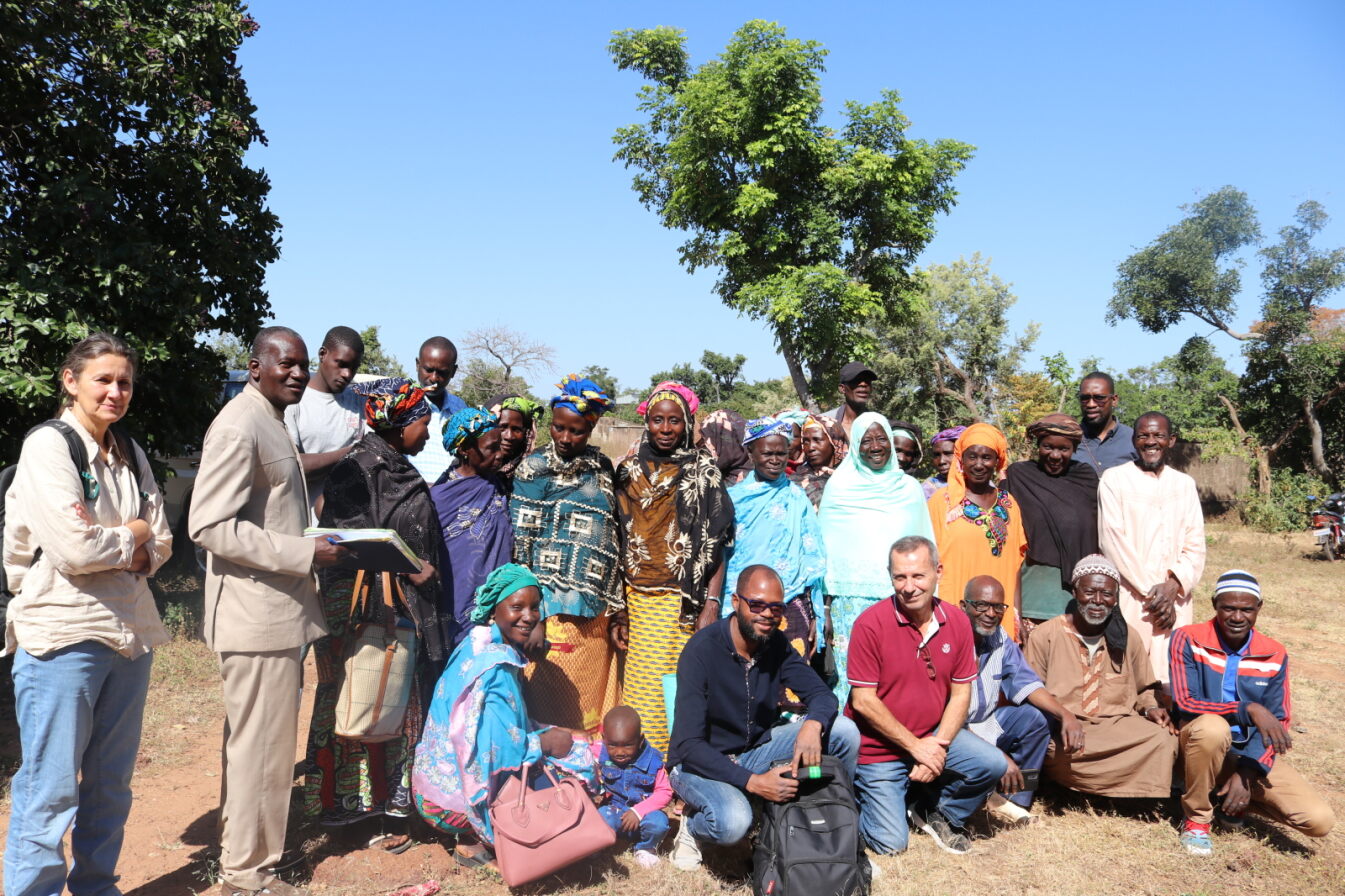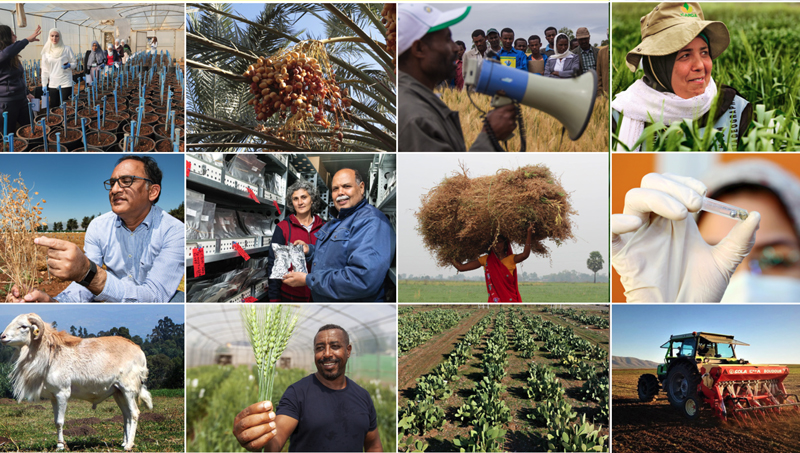New research published studying plants' diversity in arid and desert rangelands in Tunisia
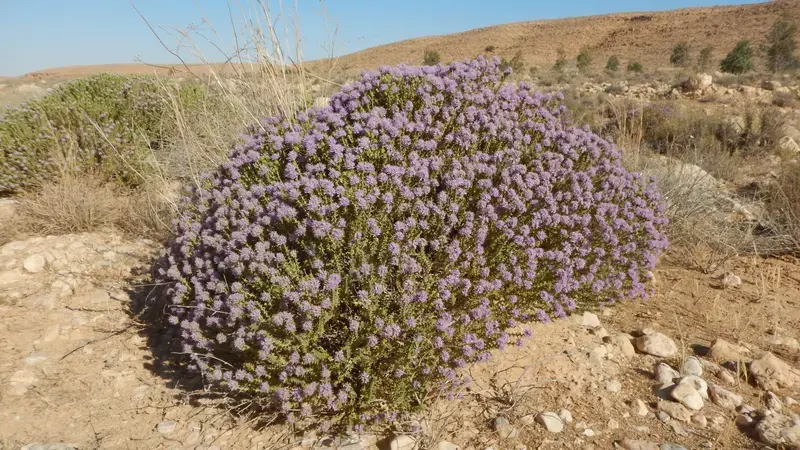
By Mounir Louhaichi
Newly publish research explains how after an exceptional wet season in Tunisia in 2017/18, ICARDA scientists studied various indigenous rangelands plants to discover their human health benefits and their attributes as feed for livestock and wildlife.
Tataouine governorate of Tunisia accommodates 27% of the country's total rangelands, making it the number one region for pastureland for an estimated 1.3 million head of sheep, goats, and camels. In addition to their pastoral value, Tataouine's rangelands are home to countless valuable medicinal and aromatic plants. Rangeland vegetation is also vital for conserving soil moisture and reducing water, soil, and wind erosion. Yet these precious resources are running out, and despite several restoration and protective efforts, overgrazing, overharvesting, and recurrent droughts continue to degrade the rangelands.
In March 2018, southern Tunisia witnessed an exceptional wet season, leading to a rare phenomenon called the "flowering of the desert rangelands" covering usually dry and arid land with a blanket of flowers. The unique conditions offered a golden research opportunity to record an exceptional range of plant diversity in Tunisia's arid and desert rangelands and identify critical species that can survive in this harsh ecosystem. ICARDA scientists quickly arrived to survey the botanical composition and indigenous species diversity of the region under the unique and favorable rainfall conditions to study the plants' potential for providing human health benefits, as well as for livestock feeding options.
In 2017, ICARDA had already studied the botanical composition of the arid and desert areas of southern Tunisia during which the area received an average rainfall (100 mm) and the research team recorded 135 species. In March 2018, after the unusual rainfall, ICARDA found that the flora comprised of 279 species belonging to 58 families, with 54% annuals and 46% perennials. Of all 279 species, 40% were palatable to highly palatable to livestock, and more than 13% are used in traditional and modern medicine. The endangered plants and genetic resources discovered in such studies arethen collected, conserved, duplicated, and protected in the ICARDA genebank system within a field genebank of pastoral species. These resources are further studied (characterized) for useful and climate-smart traits, before ICARDA releases the information as open access data for use by global research institutions.
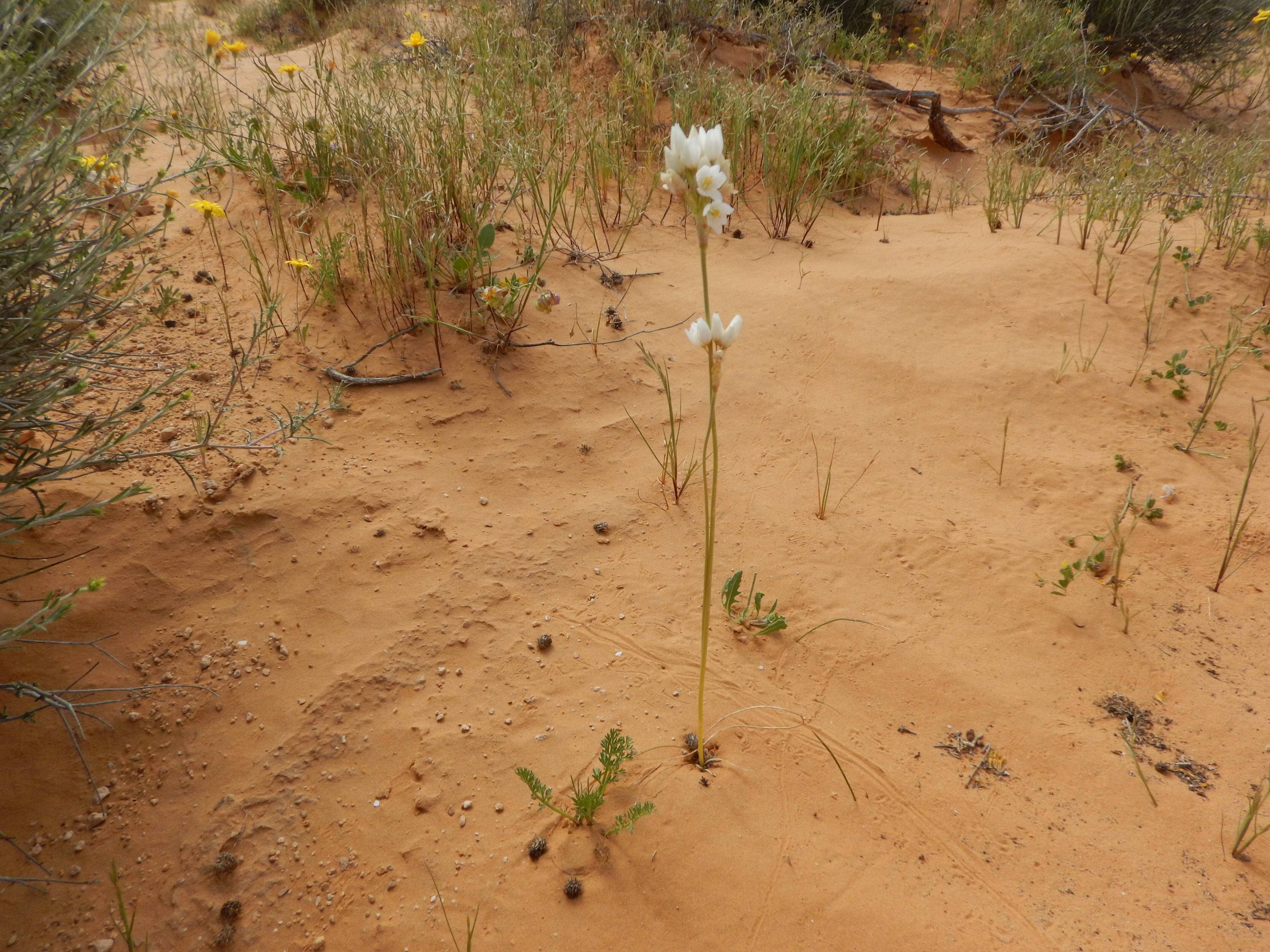
But non-profit research is not the only interested party in such traits. Currently, there is a trend in the pharmaceutical industry to manufacture drugs from plants, a practice that can be much safer than the use of chemically composed drugs. Since ancient times, several species have been used for their ingredients in traditional and modern medicines. For example, Allium roseum (L.) has been identified as having anticancer activity. Citrullus colocynthis (L.) plays an important role in the Indian traditional medicine system. Artemisia herba alba (Asso.) aqueous extract has been found to have cardiovascular benefits in spontaneously hypertensive rats by lowering their high blood pressure.
It's essential to understand how these valuable rangelands can provide significant benefits to the local community. Important ICARDA studies like these shed light on the importance of protecting global rangelands from degradation and desertification, and accentuate the significance of developing a comprehensive, holistic, and sustainable biodiversity conservation program. By following research for development paths such as these, we can develop innovative solutions that protect vital natural habitats such as Tataouine's rangelands that are home to a unique and diverse plant life that hold solutions to many of the climate crises issues we currently face.

Further Reading:
- Botanical Composition and Species Diversity of Arid and Desert Rangelands in Tataouine, Tunisia
- Diversity of desert rangelands of Tunisia
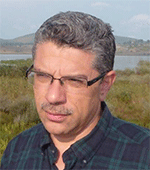
Mounir Louhaichi is a Research Team Leader of Rangeland Ecology and Forages at ICARDA.


